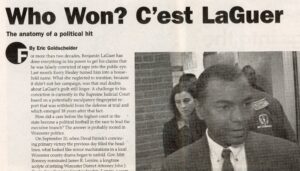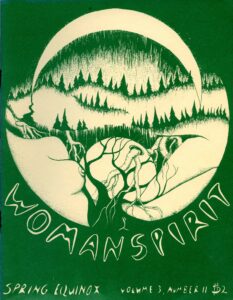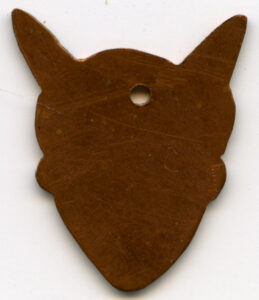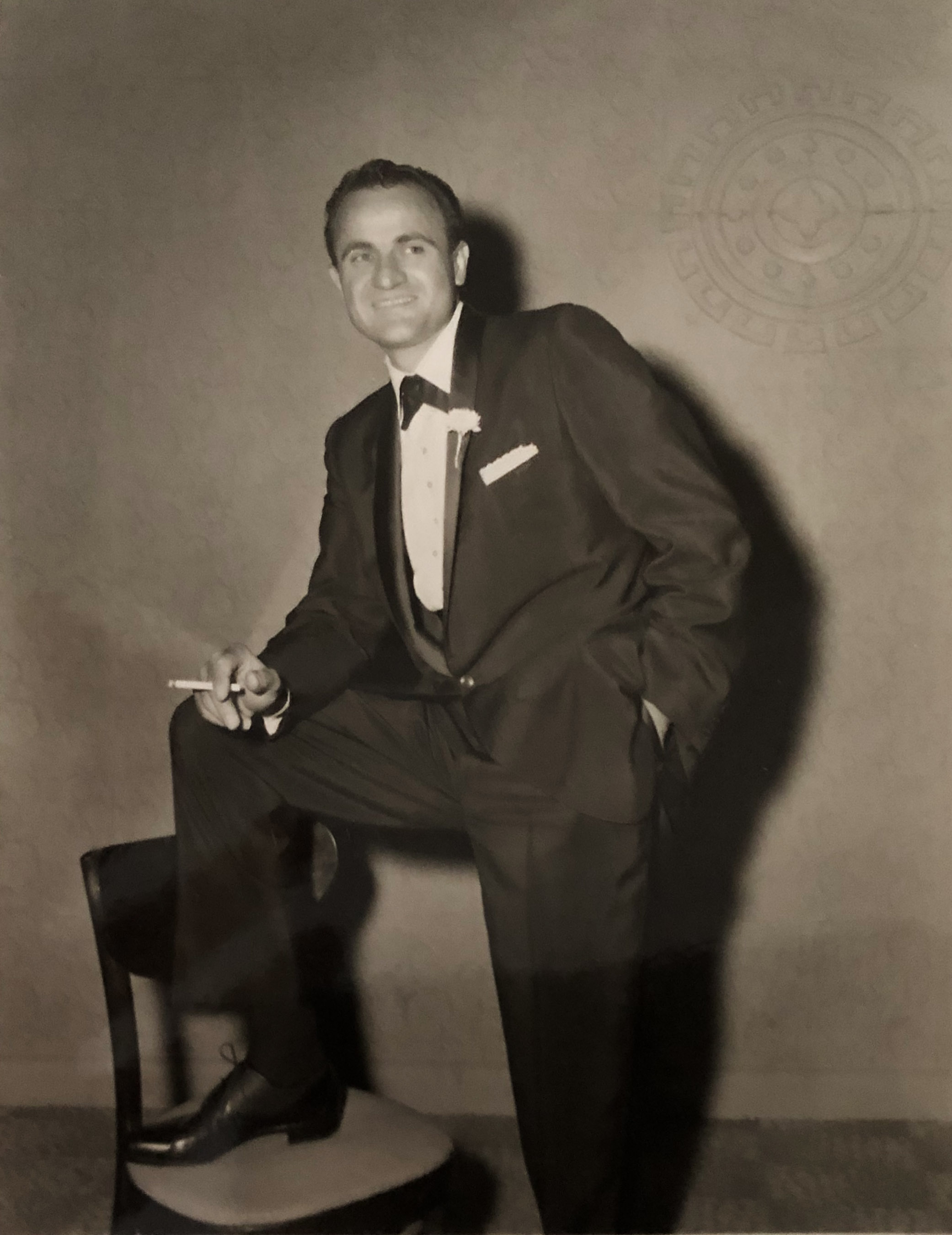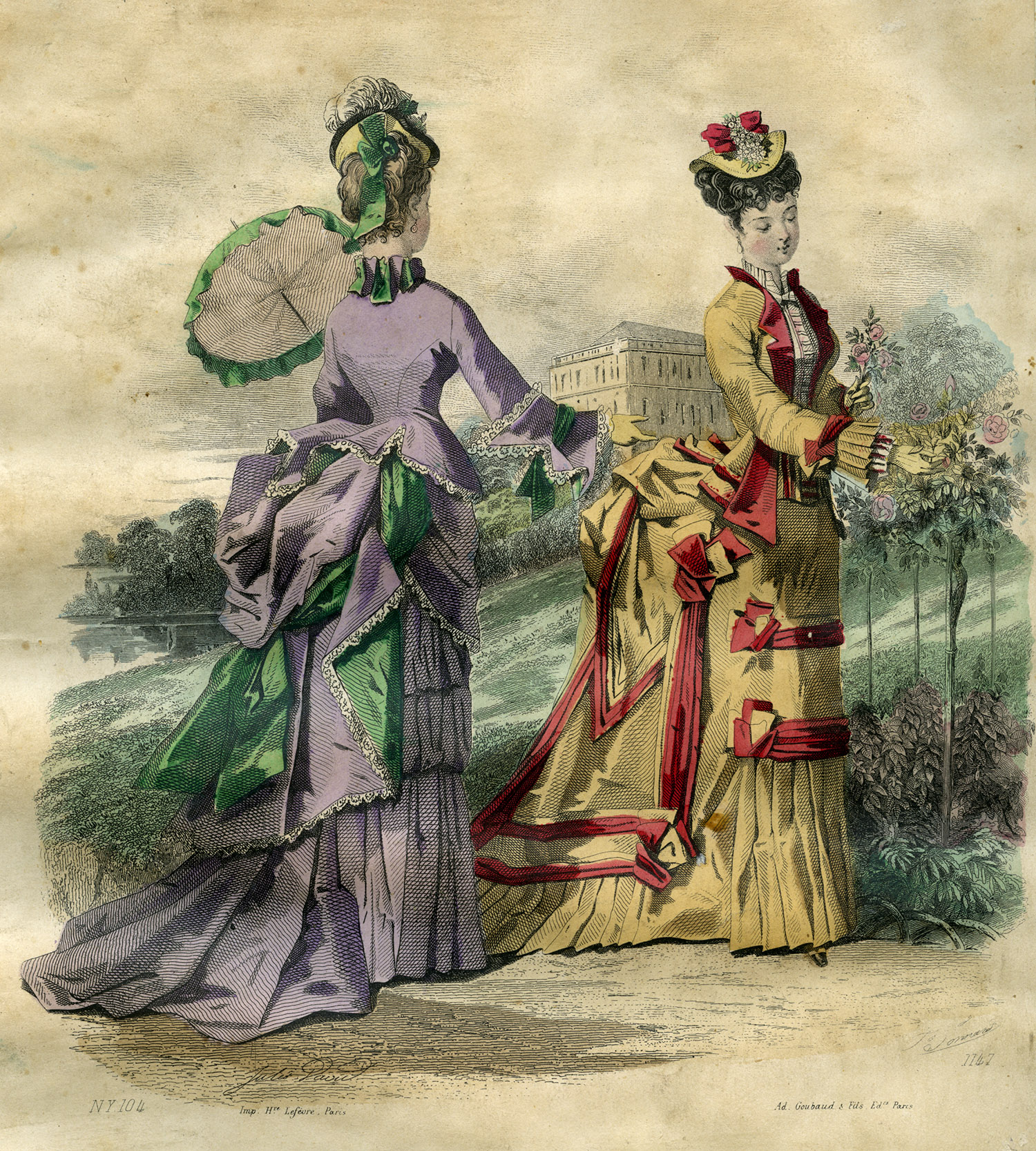Glass Container Association Records
The Glass Container Association (now the Glass Packaging Institute) was founded in 1919 as a trade association for the North American glass container industry. Throughout its history, the Association was an important voice setting industry standards and educating packing professionals, and they monitored trends and conducted and disseminated research in the use of glass containers. During the 1920s and 1930s, they responded to queries from their membership by carrying out research projects on product-specific issues in using glass containers as well as research into more general concerns relating to the use of glass containers.
This subject file maintained by the Glass Container Association during the 1920s through the mid-1930s, consists of inquiries from manufacturers and food processors about concerns in packing relating to particular products and packing methods. Organized topically, the files contain copies of queries and other correspondence, research data (in some cases) and reports, replies, publications, and occasionally write-ups on products and industry standards.


